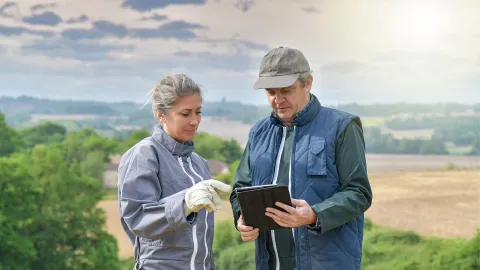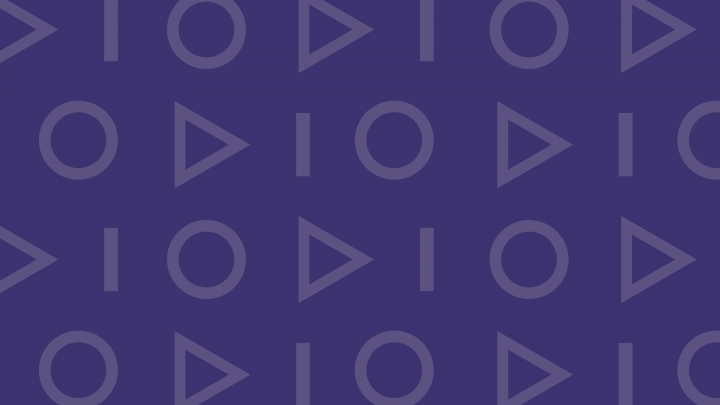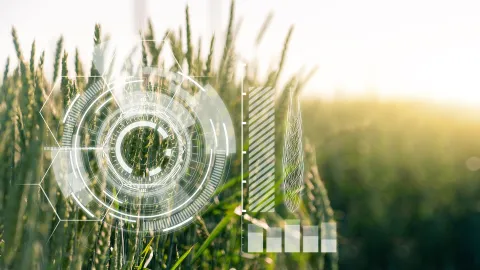The culmination of the week was an innovation competition, hackathon. Four teams of students were formed, to find solutions for agricultural data management, decision-making and management by combining various data sources with the practical operations of an agricultural enterprise. The aim was to base farm management solutions on real knowledge, leading to ecologically and economically viable practices on the farm.
The best things about Bootcamp were the new networks and practical measures
Amara Bangura studies to become an agronomist in Portugal, and is from Guinea Bissau. “The camp provided a lot of new information about the bioeconomy, and my high expectations were even exceeded. Agricultural production technologies in Finland are very different from my home country, which was really interesting. I have learned a lot that I can use in the future. For example, solving problems in cooperation is a course of action that I intend to use in the future.”
Maria Hoikkanen, who studies agrology in Jamk, continues: “Working with multidisciplinary, multicultural people is inspiring, and that is what I am going to implement in working life: seeking solutions to challenging questions with different people produces better, more diverse solutions. It has been great to network with people from different backgrounds with complementary expertise. It has enriched one's thinking immensely."
Aki Kadulin's home university is the Estonian University of Life Sciences, where she studies agricultural economics. “The laboratories of Bioeconomy Campus were really interesting, and the practical testing opportunities they provided. The week has provided me with a new network and international friends.”
Ali Tavakoli, who is both a researcher and student at Satakunta University of Applied Sciences, also emphasizes the importance of demonstrations and practical examples: “The bioeconomy offers tremendous opportunities in finding solutions for sustainable development. Practice and demos have been the best in the camp. It was really worth participating in the camp, I got a huge amount of new information and networks through which to collaborate in the future.”
The students at the event broadly represented Jamk's international higher education partners and networks. For example, among the member universities of the European University EUDRES, the Saxion University of Applied Sciences from the Netherlands and the Hungarian University of Agriculture and Life Sciences (MATE), participated their students in the event.
International students at Smart Bioeconomy Bootcamp appreciated the easy combination of theory and practice on the Bioeconomy Campus.
International events continue at Jamk Bioeconomy Institute
Smart technologies in agriculture are a strongly developing field that is also of interest to investors. In the summer of 2023, Jamk organized the international AgriVenture Finland event, which focused on agrotechnology and a sustainable food chain. The approximately 250 participants of the event represented companies from startups to large international companies, financiers and researchers.
Smart Bioeconomy Bootcamp was the next step in the internationalization of the Jamk Bioeconomy Institute.
“The bootcamp has contributed to the development of the Smart Bioeconomy competence center towards an international co-creation platform. Excellent ideas about the shared use of various data in the farmer's decision-making process emerged in the hackathon. These ideas are of concrete benefit in implementing both our physical farm and its digital twin", says Principal Researcher Hannu Haapala, who leads the Smart Bioeconomy research team at Jamk Institute of Bioeconomy.
The next AgriVenture Finland event will be held on 27.-28.5.2025 at the Bioeconomy Campus in Saarijärvi.
Smart Bioeconomy Bootcamp is part of the Finnish Future Farm project. It is funded by the European Union's Just Transition Fund (JTF), which is granted by the Central Finland Association. The project is also funded by the City of Saarijärvi and business partners Valtra, Neste and AGCO Power. The implementation period of the project is 1.9.2023-30.6.2026.





